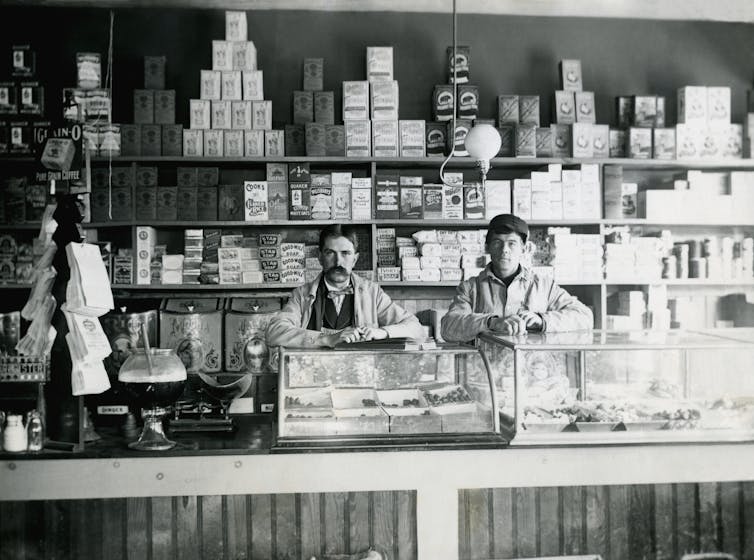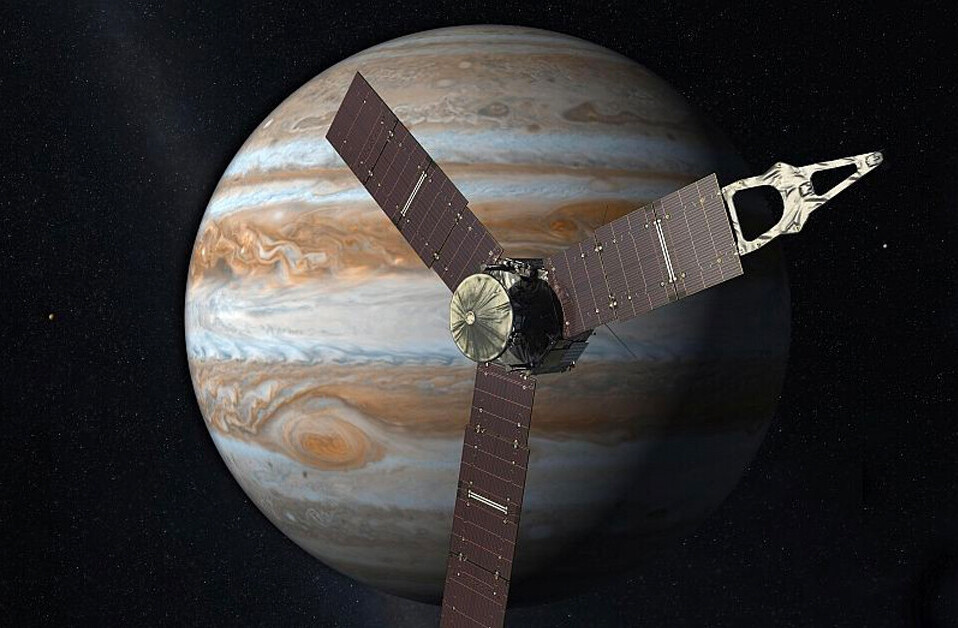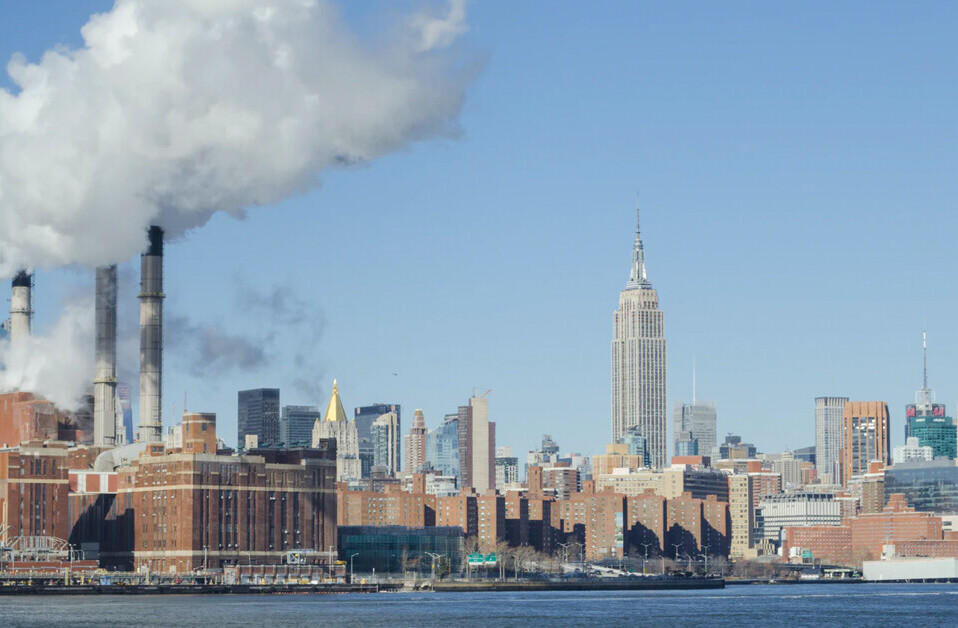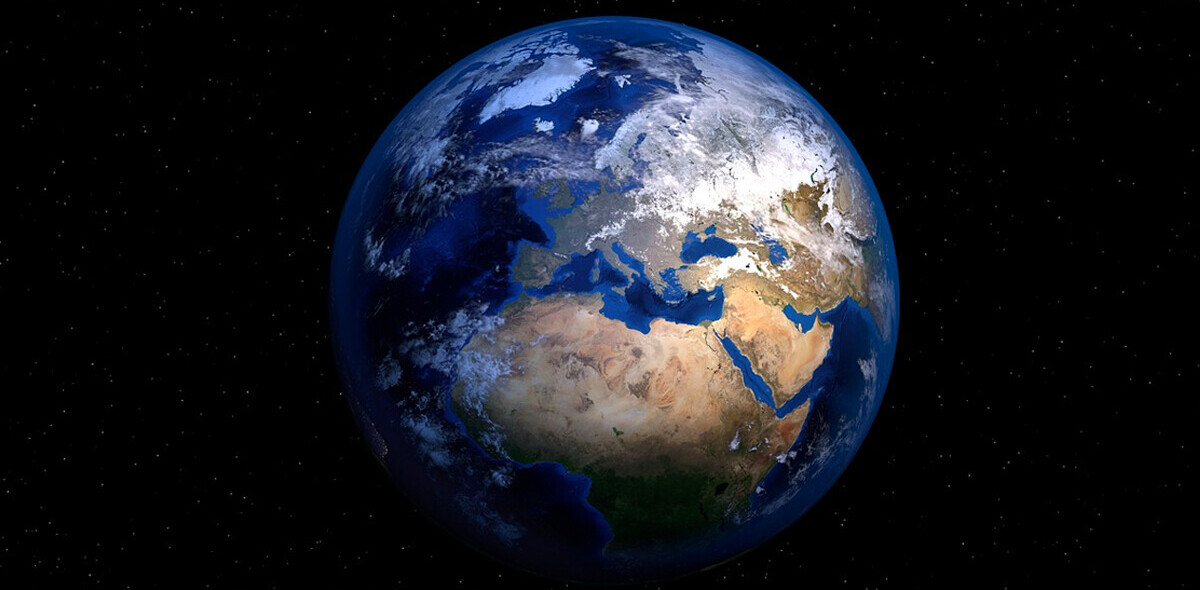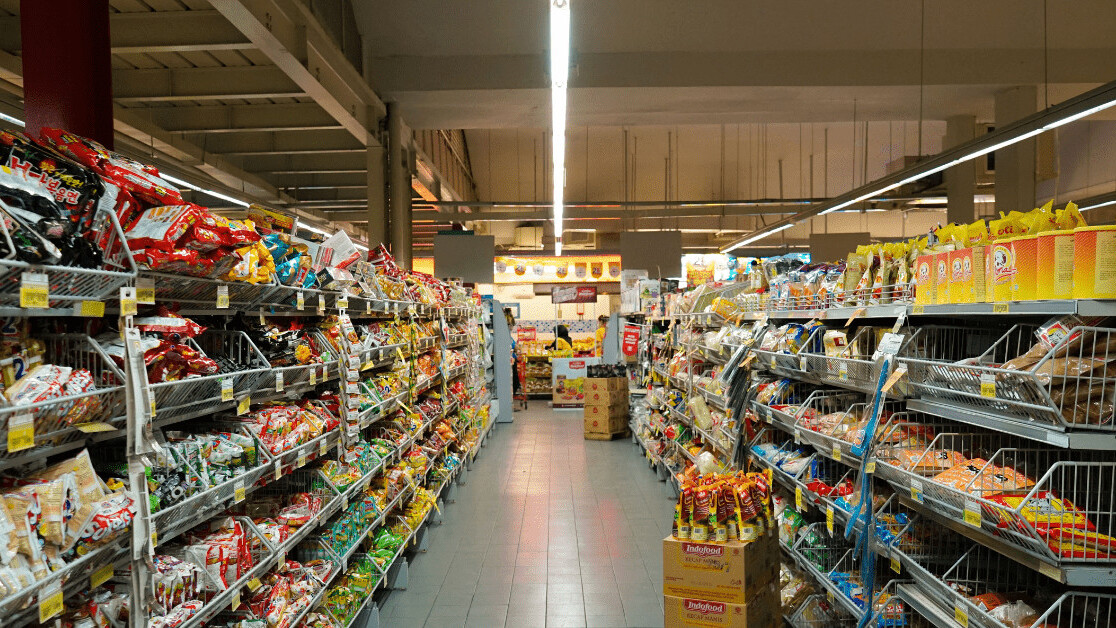
It was inspiring to read about the launch of Waitrose’s trial in Oxford offering consumers a range of products free of packaging. Their system isn’t revolutionary – smaller supermarkets have been doing the same thing for quite some time, as have many committed people. But it’s the first time that a major supermarket has made a big move away from the packaging-dependent model that has dominated major supermarkets for years.
Waitrose’s system, where customers can fill their own reusable containers with an array of food, alcohol and cleaning products, reminds me of time spent with my grandparents in Kent as a child. We would walk into Walderslade village and visit a shop to purchase custard powder, flour and cereal – packaging free. Barrels were lined up next to each other inviting you to scoop out, weigh and pay for as much as you needed. Growing up in the rationing era of World War II, my grandparents taught me a valuable lesson in trying not to waste a thing.
Back then, there was no option to purchase products in the packaging we struggle to imagine living without. For now, Waitrose is still giving customers the choice to purchase as normal – which is why we must consider this momentous announcement as just the start of a seismic shift towards supermarkets that allow consumers to shop with the health of the planet in mind.
Supermarkets of the future
The first key step towards this vision is widening the packaging-free philosophy to all stores of all the major supermarkets, and, crucially, not giving consumers who might resist change the option to stick with the polluting packaged goods that feel so familiar.
This means switching to dispenser systems wherever possible – not just for peanuts and pasta, but for things like drinks and toiletries too. As well as protecting the planet, innovative reuse and refill schemes have the potential to save billions in packaging costs, which could be passed to consumers.
Other foods are more complicated. In extending the shelf life of fresh produce, plastic massively reduces food waste, which produces methane if it goes to landfill. Bioplastics are an option, but would require vast amounts of land if widely used, and they currently contaminate fossil-fuel plastic recycling streams at great cost. Governments and supermarkets will therefore need to work together to drastically improve national recycling and food waste systems, so that shifts in packaging help rather than harm the environment.
On food waste, France has shown how quickly change can be implemented. In 2016, the country banned supermarkets from throwing away food and forced them to sign donation contracts with charities. Of course, the buck doesn’t stop with supermarkets – most food waste is generated at home. Supported by government collections of food waste, consumers must try to buy only what they will eat, and compost what they don’t. And in cases where shelf life is significantly improved, sticking with plastic may be the best thing for the planet – so long as we improve our abysmal recycling rates.
Beyond this are a number of other radical but vital steps supermarkets of the future could take to become bastions of environmental protection.
First, celebration of the seasons and local produce. Its true that locally grown fresh produce doesn’t automatically have a lower carbon footprint than food flown in from far-flung fields, thanks to varying growing practices and weather conditions. For example, tomatoes imported to the UK from Spain produce lower emissions than British tomatoes, which require heated greenhouses. But perhaps the solution isn’t to buy Spanish or British tomatoes, but reconnect our eating habits with what grows naturally in which country we live.
The vast majority of people would not be able to tell you in what month broccoli sprouts or mushrooms mature, or whether they even grow in their country. Simple changes like organizing aisles according to geography and showcasing local community food growers could transform the way we see food. Reorienting our consumption around what’s seasonal and local could reduce our dependence on air miles and energy-intensive growing practices, support a greater connection to the land that grows the food we depend upon, and restore supermarkets as the community hubs they once were
Finally, supermarkets must as a matter of urgency introduce a grading system that identifies each and every product’s environmental impact across its life cycle. The serious challenge of making often complex product supply chains transparent needs to be overcome before a labelling system can be truly effective, but focusing efforts on this is an important aim in itself, and one that supermarkets have a responsibility to lead on. Denmark’s government has already announced that it will work with supermarkets to place stickers on all food products that clearly indicate their carbon footprint. Hopefully, other countries will soon follow.
Such a labelling system would not only accelerate the shift away from known harmful products like beef, but address confusion surrounding newly popular vegan products that are also damaging for the environment, such as almond milk, which among other things requires vast amounts of water to produce. Chile’s radical new food labelling aimed at reducing the country’s obesity crisis has already made a difference to eating habits, and the environmental movement would do well to take note.
Waitrose’s efforts to eliminate plastics and packaging should be celebrated – but it is just the start of what needs to be done across society to address the climate and ecological crises. With a little inspiration from the past, and some imagination for how to overcome the new challenges of the current age, we can start to feed the planet’s inhabitants without hurting its ecosystems or climate.
This article is republished from The Conversation by Alison Stowell, Lecturer at Lancaster University Management School, and Associate Director of the Pentland Centre for Sustainability in Business Research Centre., Lancaster University under a Creative Commons license. Read the original article.
Get the TNW newsletter
Get the most important tech news in your inbox each week.

